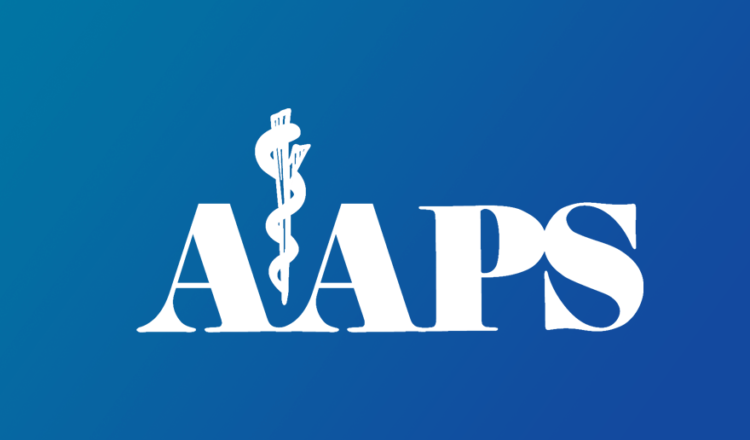By advocating for their patients’ best interests every day in multiple clinical settings, physicians earn high levels of public trust. A key component of the clinical practice of medicine consists of translating medical science into individualized patient treatment plans. Calculation of medical risk and benefit for individual care is the exclusive province of a patient-physician relationship grounded in trust and fiduciary responsibility.
Scientific integrity is enforced through the publication of ideas, scholarly debate, and careful observation in clinical practice. The interpretation of science is not the exclusive privilege of any one disciplinary body, advisory committee, professional journal, or forensic expert. Neither the scientific method nor clinical practice require adherence to consensus, because diversity of opinion is the engine of progress. In science, hypothesis and theory are always open to revision as new evidence emerges.
The American Medical Association (AMA) Code of Ethics affirms the paramount place of the duty to advocate for the individual patient. The AMA has also recognized innovative practice and freedom in professional speech as ethical and fundamental components of high quality clinical care.
Since the start of the COVID-19 pandemic, various government agencies have launched public health campaigns to promote specific social and medical responses to the pandemic. Parallel campaigns have used allegations of professional misconduct to discredit physicians who are perceived as undermining the public health message. “Misinformation” has become the pejorative label of choice to disparage differing opinion.
Some state medical boards and the Federation of State Medical Boards (FSMB), a private entity, have published public threats of disciplinary action around “misinformation,” including revocation of medical licenses, in attempts to enforce a manufactured public health consensus in professional speech and clinical care. No medical code of ethics has articulated a duty to practice consensus-driven medicine in the service of public health to the detriment of individual patients.
Advocating for the interests of patients includes giving them access to all information and supporting them in decisions that involve their personal mental and bodily integrity. The prospect of of scientifically unsupported disciplinary actions creates an environment of fear, impeding physicians’ ability to fulfill their ethical duties to provide fully informed consent to each individual patient.
We believe it is unethical for physicians to participate in any process that impedes the free exchange of scientific and clinical ideas through public allegations of misconduct or threats of punishment. Use of the stigmatizing label “misinformation” in a medical disciplinary environment is anti-scientific and unethical.
To our colleagues: In addressing differences of opinion regarding patient management, we call on all physicians to abstain from making public allegations of professional misconduct against colleagues.
To Medical Board Members:
Decisions on sanctions against individual physicians exert the gravest of influence, reaching into life-and-death clinical decision-making. AAPS believes the proper role for a medical practice board is to provide a legal mechanism for patients and physicians to investigate and resolve allegations of professional misconduct. This can only be accomplished in an environment with clearly defined rules, access to full legal due process, and scientific integrity. It is ethically improper to use disciplinary boards to resolve debates about the interpretation of medical science.
To assist in resolving the above issues:
- We call on our colleagues who serve on medical boards to publicly commit themselves to their ethical duty to preserve a moral firewall between the political-legal realm and the realm of medical science.
- We call on the ethics committees of medical societies to issue guidance on proper conduct for physicians who serve on disciplinary bodies, particularly in support of preserving scientific integrity.
- We call on legislators and the attorneys who represent physicians before medical boards to recognize the distinction between professional misconduct and ethically grounded expressions of diverse professional opinion, in order to maintain the integrity of medical science and clinical practice.




